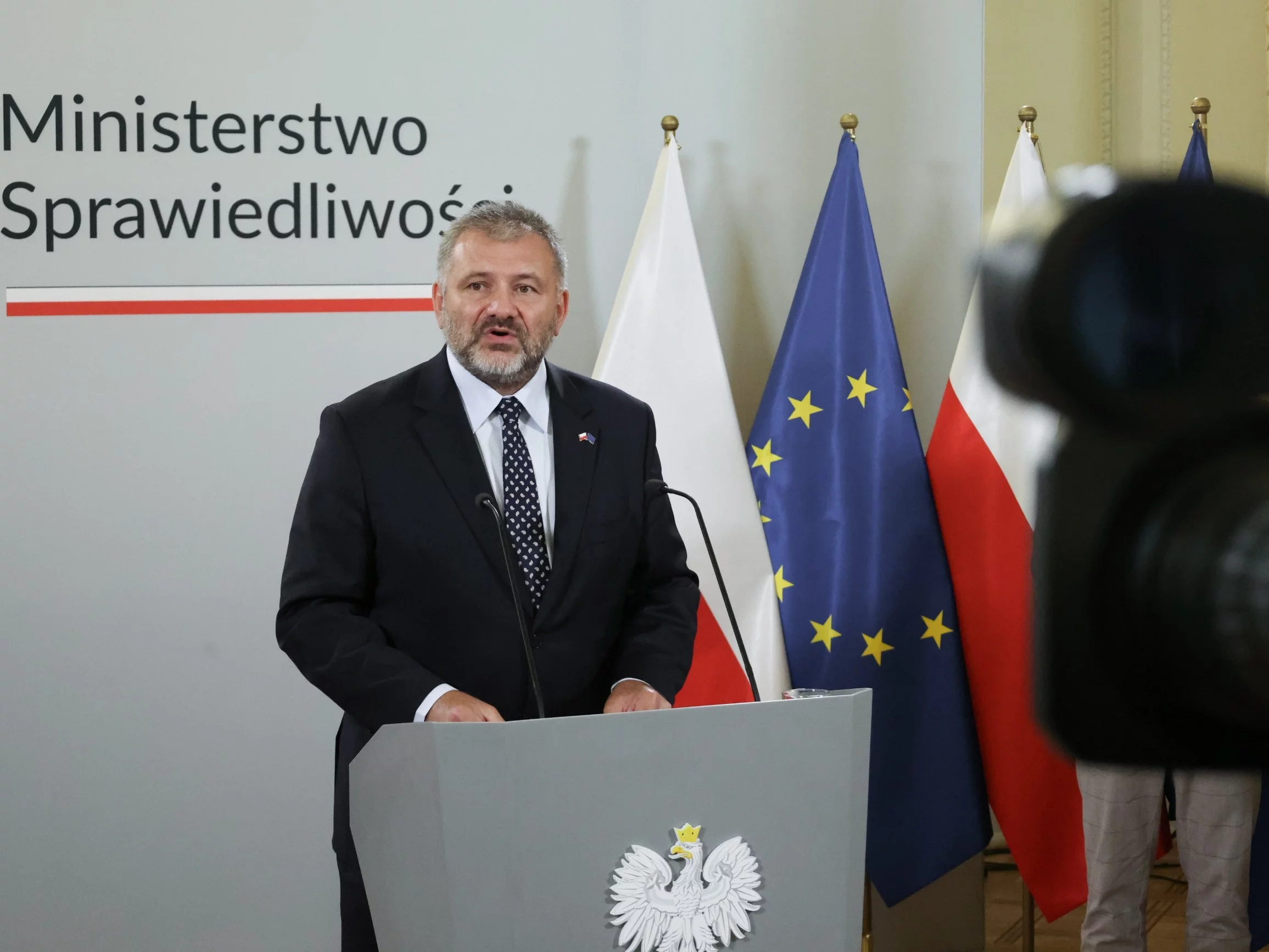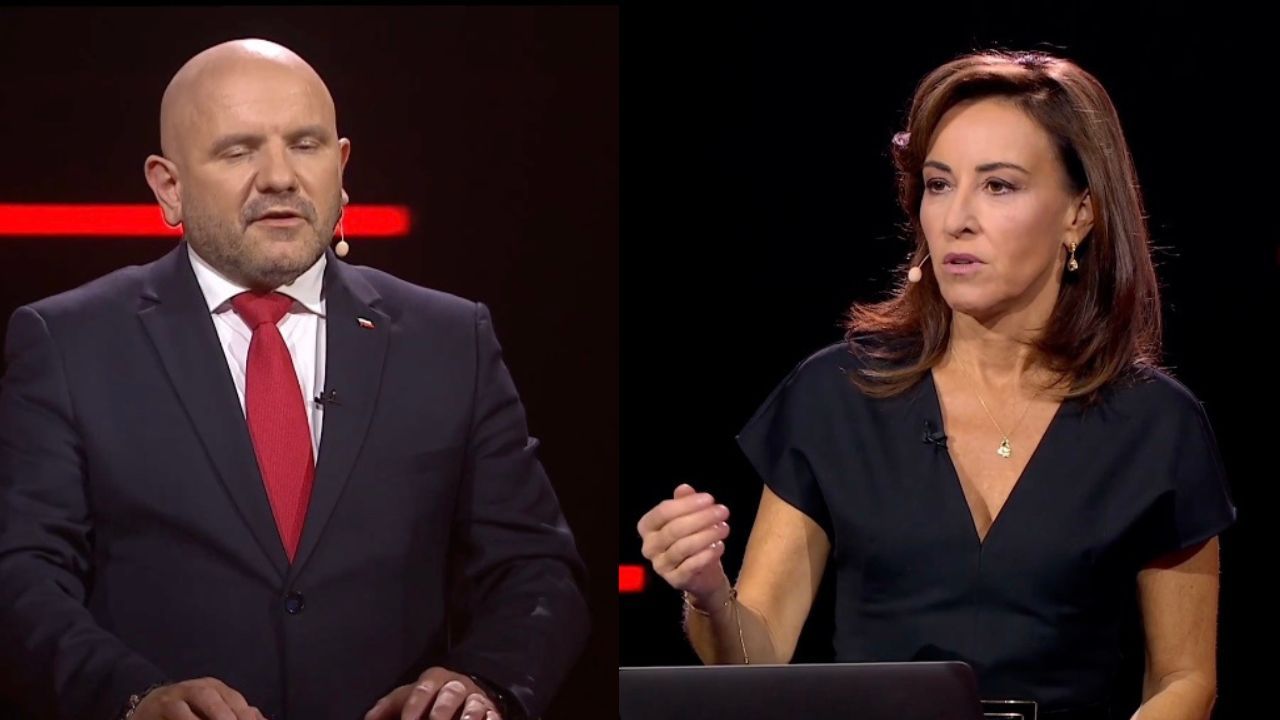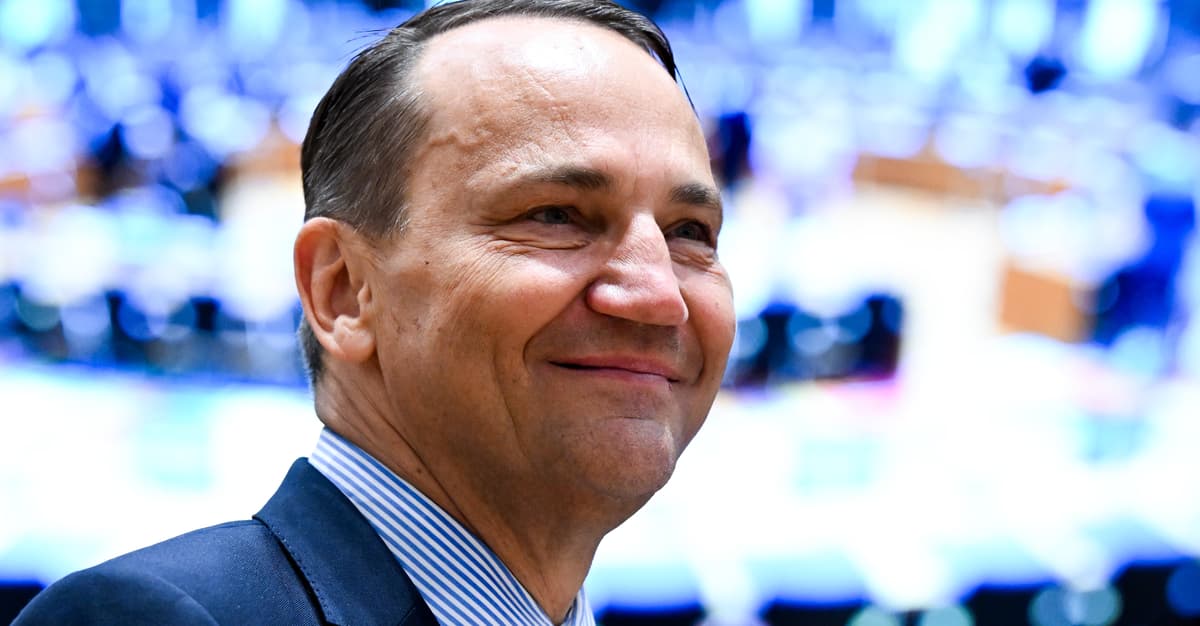The British pound has tumbled to multi-year lows, falling to a two-and-a-half-year low against the euro and a three-month low against the dollar. Sterling dropped 0.4% to 1.13 euros and 1.32 dollars as investors grow increasingly concerned about the UK's fiscal outlook ahead of Chancellor Rachel Reeves' Budget on November 26.
The currency slide follows reports that the Office for Budget Responsibility is set to downgrade UK productivity forecasts by 0.3 percentage points. This revision could blow a hole of more than £20 billion in public finances, with each percentage point downgrade requiring the Chancellor to find around £7 billion through tax rises or spending cuts.
Pressure Mounts for Tax Increases
Economic experts warn the fiscal challenge could be even larger. Rob Wood, chief UK economist at Pantheon Macroeconomics, estimates Reeves may need to find "£50 billion in tax rises and spending cuts" to meet fiscal rules. The Institute for Fiscal Studies warned earlier this month that the Chancellor could need £22 billion in adjustments to restore fiscal headroom.
The mounting pressure threatens to force Labour to break election manifesto pledges not to raise income tax, National Insurance, or VAT. Former Conservative Chancellor Jeremy Hunt described the productivity downgrade as a "hammer blow" to Labour's plans.
Reeves Vows to 'Defy' Forecasts
Despite the challenges, Reeves struck a defiant tone in The Guardian, writing: "Austerity, a chaotic Brexit and the pandemic have left deep scars on the British economy that are still being felt today." She insisted: "I am determined that we don't simply accept the forecasts but we defy them, as we already have this year."
The Chancellor outlined her strategy, stating: "If productivity is our challenge, then investment is our solution." She acknowledged the difficult decisions ahead, writing: "These decisions - and the decisions I will take at the budget - don't come for free and they are not easy, but they are the right, fair and necessary choices."
The Bank of England will likely hold interest rates at 4% when it meets on November 6, the same day it publishes quarterly growth and inflation forecasts that will provide further insight into the UK's economic trajectory.
Note: This article was created with Artificial Intelligence (AI).




